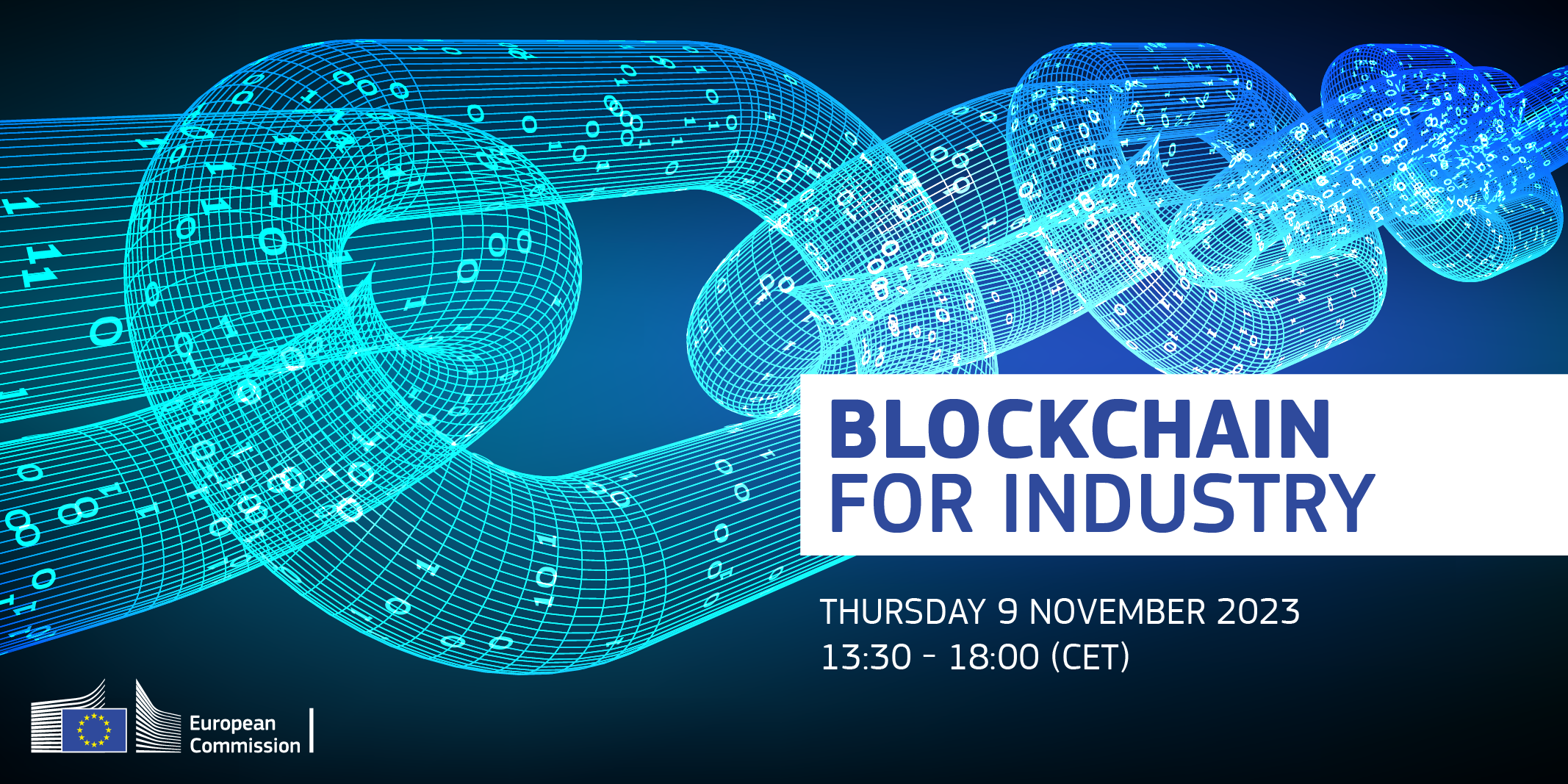Zoom on the Blockchain for Industry Conference

date: 13/12/2023
In his introductory key note, MEP Ondřej Kovařík, leading blockchain expert in the European Parliament, observed that the EU has advanced a lot in designing innovative rules on blockchain but now needs to focus on their good application. This particularly applies to the Markets in Crypto Assets Regulation (MiCAR) but also parallel initiatives. At the same time, we must prevent an overburdening of the still young blockchain and crypto space with ever more regulation and instead allow for an industry-driven growth of use cases both in finance and the real economy. MEP Kovarik also stressed the added value of blockchain-based solutions for the private and public sector.
The Belgian Secretary of State for Digitisation, Mathieu Michel, delivered a keynote speech that set out his vision for the upcoming Belgian Council Presidency, which will place blockchain high on the digital agenda in Europe. On top of his agenda is building a political institution dedicated to rolling out an EU-wide public permissioned blockchain infrastructure, which he calls Europeum. Such an infrastructure would enable the development of concrete use cases and business models for Europe in a fully open and interoperable manner. By now, nine Member States agreed to operate nodes in this network, with more to come. This high-level project will be accompanied by further workstreams that relate to blockchain, including the development of skills and a focus on ensuring the storage of digital data in a manner where everyone owns their own data. An extended and dynamic Q&A session after Mathieu Michel’s keynote showed a strong interest in this initiative.
In order to deepen the analysis of future-oriented blockchain applications in the real economy, three thematic panel discussions followed these keynote speeches:
1. A first panel explored the potential of blockchain to drive the joint digital and green transitions, including the transparent tracking of carbon emissions and standardisation requirements that need to be met to enable such change. For example, Concordium, a leading sustainability-focused European blockchain, presented how they support ESG initiatives through a partnership with the Danish national transmission system operator, Energinet, by which the Concordium blockchain is being leveraged to guarantee the credibility of green energy certificates. This enables the reliable tracking and reporting of green energy.
2. A second panel focused on decentralised autonomous organisations (DAOs), new digital co-operative structures bringing together businesses and communities to jointly manage projects such as the offer of affordable housing or of collaborative economy services (relevant in particular for the Creative & Cultural Industries, Digital, Proximity & Social Economy, Renewable Energy and Tourism ecosystems). The panel discussed real-life use cases and the merits of blockchain-based industry and community creation (which can be an interesting alternative to co-operation mediated by platforms, given the tendency of the latter to extract and concentrate value creation). It also discussed the need to provide an enabling legal framework for DAOs to thrive.
3. A third panel discussed blockchain-based solutions to ensure safe, ethical and green supply chains. Focal points included the EU’s anti-counterfeiting blockchain infrastructure (which will be launched in the coming months), pay-per-use token-based business models as well as the Digital Product Passport.
Thereafter, leading experts from Europe’s most significant blockchain associations – INATBA, the European Blockchain Association, Blockchain for Europe and the European Crypto Initiative – presented their “Manifesto for Blockchain”. This declaration addresses the way forward to build a future-proof European digital economy based on the use of blockchain along three dimensions: competitiveness & Single Market innovation, social impact & sustainability, and digital transformation. You can read and sign the manifesto here:
A Blockchain Manifesto: Embracing its Potential in the European Union - INATBA
Furthermore, right before the start of the conference, DG GROW also organised a half-day technical workshop with Commission services and selected experts to discuss the main Commission-led blockchain initiatives and the way forward. Commission experts elaborated the productive interplay of their various workstreams and the potential that lies in an ever more seamless integration of real economy and financial use cases. Subsequently, two leading European experts, Michael Gebert (European Blockchain Association) and Reinhard Willfort (innovation service network/isn), explained the merits of activating further crowdsourcing resources, such as decentralised expert networks (e.g. the Crowd Dialog) and European Digital Innovation Hubs to foster blockchain innovation. The potential of such public-private initiatives will be explored in detail in follow-up events that always keep an eye on concrete industrial applications for businesses of all sizes across Europe.
